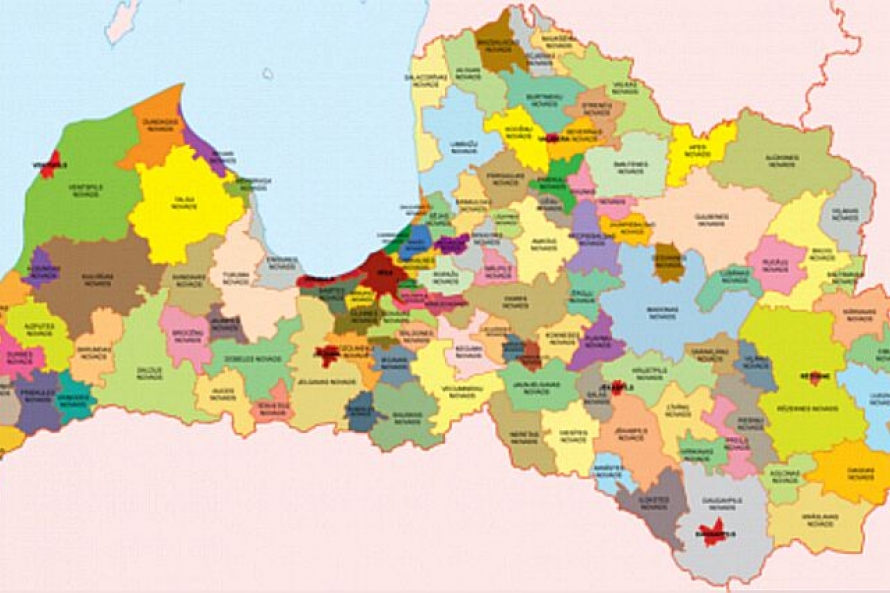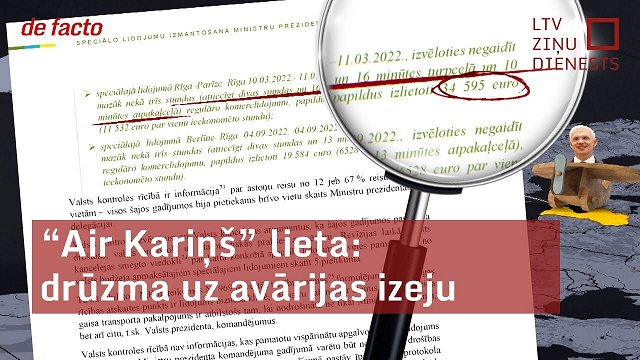The supervisory agency has been conducting its routine auditing of the legality and effectiveness of local government social assistance payments and found the many inconsistencies and imbalances as exemplified in several cases.
The Welfare Ministry has not been able to ensure that local government authorities have a unified understanding of the basic principles of social assistance and support methods, not to mention the role of the local government and its significance to the field of social care, concluded the VK.
Only the rare local government council has a targeted and accurate survey of the social position of its residents to go on, therefore an effective social assistance system cannot have been arrived at in many places.
Some local governments still consider families with up to six separate property holdings and nine motor vehicles deserving of low-income status. At the same time other local governments disqualify residents who own just one tractor used in keeping up the homestead’s yardwork.
Another example: rent subsidies are given only to low-income families with children, but in a neighboring territory various schemes are available even to a single person earning up to €320 a month.
State auditors also found every third local government failing to implement any determination of low-income family status whatsoever for real estate tax breaks in addition to the right to legal assistance and reduced rate electric utility bills.
On the other hand, some local governments, without cause and in some cases illegally, limit the receipt of aid – for instance requiring a minimum one-year residency requirement in the declared local government territory.
Other violations of emergency aid grants were noted, for instance in Daugavpils, where the local government paid for travel expenses to a reunion in St.Petersburg of participants in the Leningrad blockade. Moreover, the county of Rundāle was effectively ‘inauditable’, as it did not maintain properly unified records of its social assistance client-recipients.
Only the city of Liepāja escaped being cited for any violations or mistakes, because its social services department is well-organized and exercises self-auditing principles in its work.



























